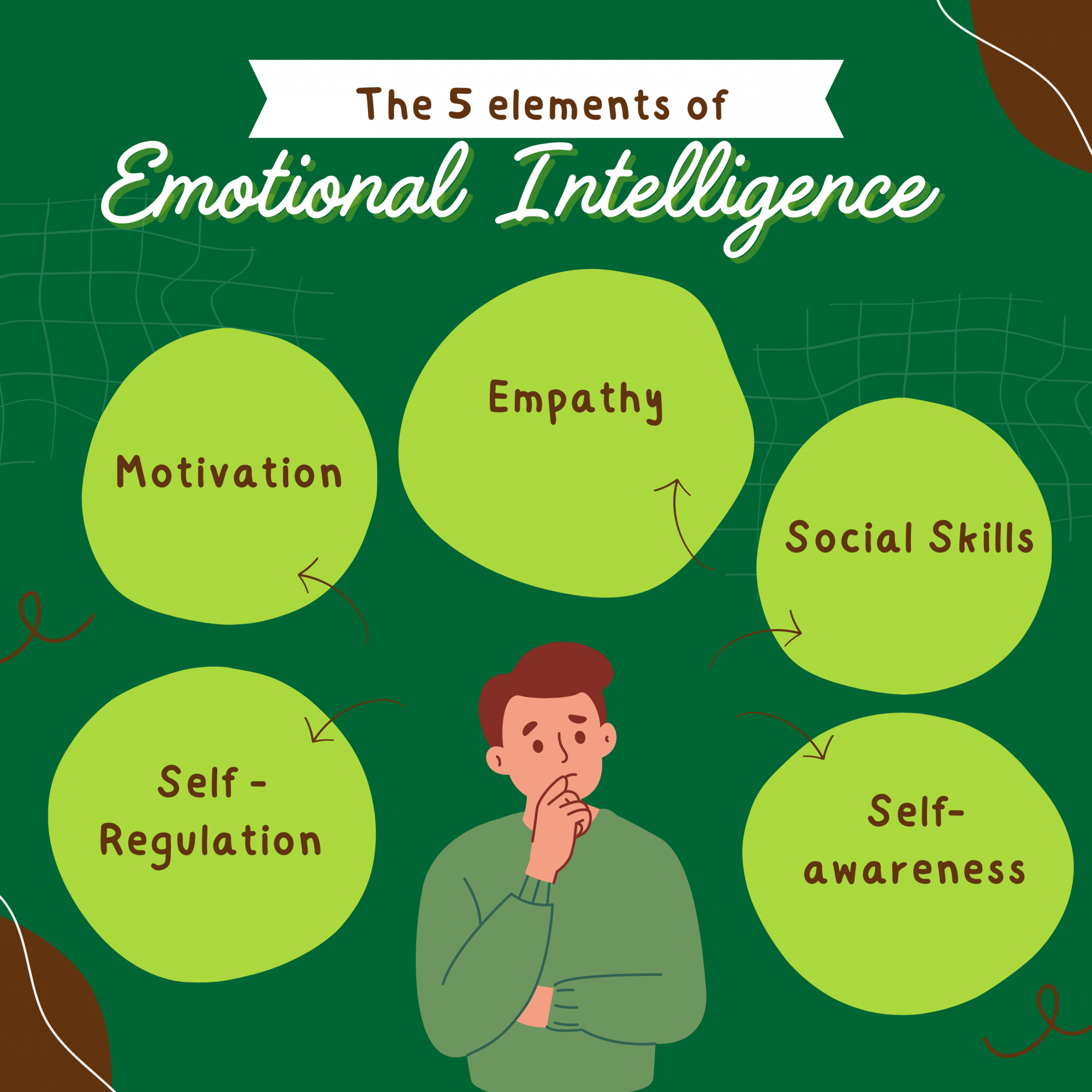Headteacher's View - Emotional Intelligence
On discussion with our headteachers, they emphasised the importance of Emotional Intelligence - the ability to manage both your emotions and understand the emotions of those around you to create a positive learning environment.
One headteacher comments:
"Emotional Intelligence is an important aspect of our role as senior leaders and helps us to create positive learning environments. We need to be self-aware so that we can recognise our own emotions and understand the impact these can have on others. If we are able to use our emotions in a positive way, we should be able to relieve stress, communicate effectively and overcome challenges.
Emotional Intelligence helps us to empathise with others and defuse conflict. It is important that we try to be active, empathetic listeners when interacting with pupils, staff, parents and other members of the school community. Through self-reflection, we can assess our emotions and responses in different situations; in theory we can then learn from these experiences and apply them to other situations. We promote a positive culture in school where pupils and staff are encouraged to develop their emotional awareness.
Health and wellbeing is a key priority and we have started a new programme called ‘My Happy Mind’ which has already had a positive impact on the pupils and staff."
Want to know more about Emotional Intelligence? Here are some resources to get you started.
My Happy Mind - NHS Backed Mental Health Programme for Primary Schools
Education Week - School Leaders Need Emotional Intelligence. Here's How They Build It
Save the Children - Schools - Lesson Resources | Save the Children UK

Self Regulation
This is the ability to manage one's own emotions and impulses, and to adapt to changing circumstances. Self-regulation allows individuals to remain calm under pressure, make considered decisions, and avoid impulsive behaviour that may have negative consequences.
Motivation
This is the ability to use emotions to drive and guide behaviour. Motivation allows individuals to set goals, work towards achieving them, and persist in the face of challenges.
Empathy
This is the ability to recognise and understand the emotions of others, and to respond appropriately. Empathy allows individuals to connect with others on an emotional level, and to build positive relationships.
Social Skills
This is the ability to communicate effectively, build relationships, and navigate social situations. Social skills allow individuals to work effectively in teams, resolve conflicts, and lead others.
Self-Awareness
This is the ability to recognise and understand one's own emotions, as well as their impact on others. Self-awareness allows individuals to recognize their own strengths and weaknesses, and to understand how their emotions may affect their behaviour and interactions with others.
